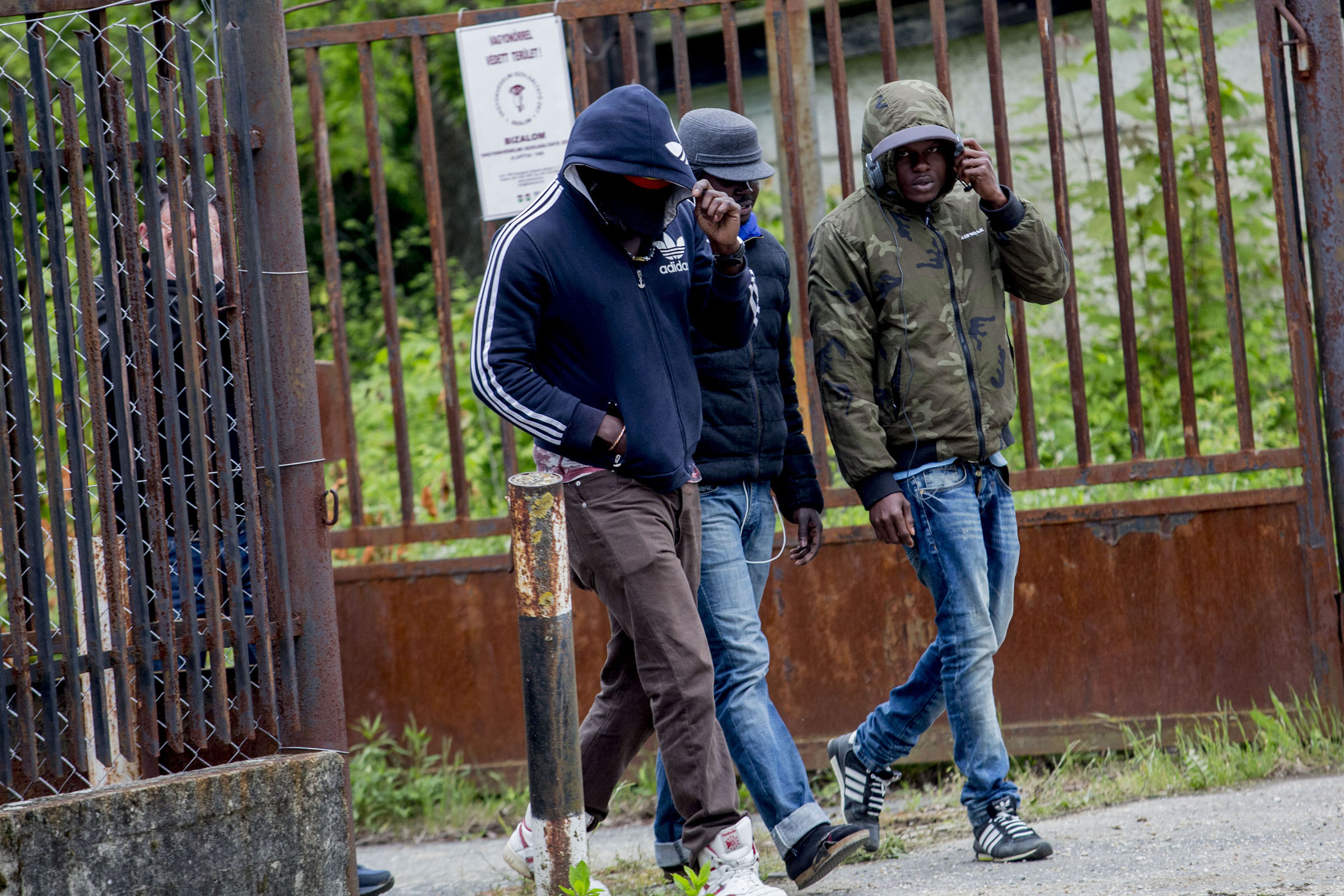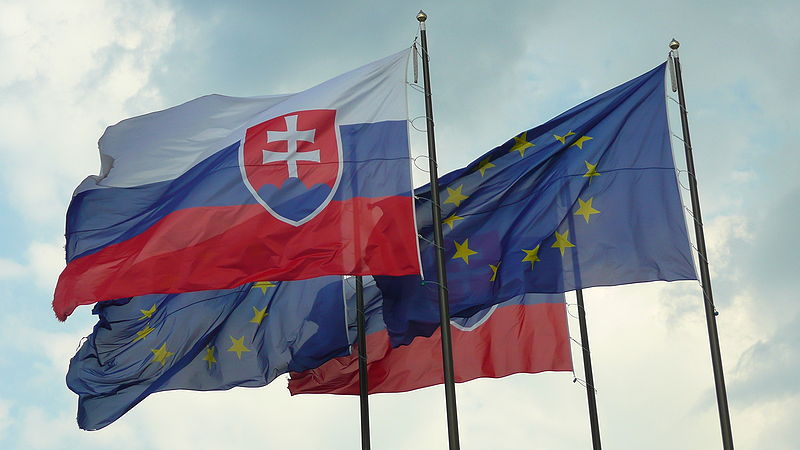By Olivier Bault.
Poland – The question does not really arise, since the European treaties reserve the right for each country to accept immigrants of its choice on its soil, except for immigrants from other EU countries benefiting the freedom of movement. Nevertheless, in a country where, as in the whole of former Eastern Europe, membership in the European project is particularly high (although this does not prevent a critical view of the abuses of this project), it is Interesting to know what the Poles would choose if they had to choose between taking the immigrants under the compulsory relocation plan (from Italy and Greece) or leaving the EU. Or even, since there has been talk of abolishing European funds to recalcitrant countries, and in particular to Poland, the Czechia and Hungary, what would the Poles answer if they were given an ultimatum of that kind: if you do not take in immigrants, European subsidies will be abolished (which would be totally illegal under the treaties but has been suggested by high-ranking officials in Berlin, Paris and Brussels).
An IBRiS poll for the left wing liberal and pro-EU weekly Polityka was published on July 5, which answers these questions. Here are the results:
First question: “Should Poland refuse to accept refugees from Muslim countries even if this should lead to the loss of European funds? “
– YES: 56.5% (of which 48.6% were “yes” and 7.9% “rather yes”).
– NO: 40.4% (of which 31.4% were “no” and 9% “rather no”).
(Percentage of undecided: 3.1%)
Question 2: “Should Poland refuse to take in refugees from Muslim countries even if this should lead to the obligation to leave the European Union? “
– YES: 51.2% (of which 33.4% were “yes” and 17.8% “rather yes”).
– NO: 37.6% (27.6% of “no” and 10% of “rather no”).
(Percentage of undecided: 11.2%)
Precision: survey carried out in June on a sample of 1000 people.
It should be noted that the weekly Polityka, favorable to the reception of immigrants and to multiculturalism, tried to influence the answers by speaking of “refugees” rather than “asylum seekers”, since the immigrants concerned by the relocation program are people who have applied for asylum (which sooner or later all illegal immigrants do in order to avoid deportation) and not those who have obtained it. It can be assumed that without this manipulation there would have been an even greater proportion of “YES” for both questions.
This is the first time that a polling institute has been interested in the question of how far the Poles are prepared to go in their refusal of the immigration and multiculturalism model that Western Europe wants to impose on Central and Eastern Europe. A May survey by the OBOP institute (on a sample of 1004 people) and published by the public information channel TVP Info simply showed that 73% of Poles were against receiving Muslim refugees and immigrants (46 % absolutely opposed and 27% opposed) when asked: “Do you think Poland should welcome Muslim refugees and immigrants? ”
This opposition to the relocation of immigrants arriving illegally in Greece and Italy (even if it is with the help of European ships) is reflected in the popularity of PiS. After an empty run in early spring, the PiS reached 41% for the first time (against 26% for Donald Tusk’s Liberal party PO) in an IPSOS poll commissioned by the liberal-libertarian newspaper Gazeta Wyborcza at the end of June. This was when the European Commission had just announced the launch of a sanctions procedure against Poland, Czechia and Hungary for their refusal of the immigrant relocation program. Thus, if Brussels continues on this path, it could allow the conservative PiS party to win easily the next elections, possibly even with a constitutional majority. The PO suffers from its contradictory statements on the issue of the reception of illegal immigrants. This is most likely due to the commitment made in September 2015 by Prime Minister PO Ewa Kopacz (who replaced Donald Tusk after his departure to Brussels) to take 7,000 immigrants under the relocation program that the PiS, firmly opposed to this program, was able to obtain an absolute majority in the Polish parliament at the elections of October 25, 2015. It was the first time since the fall of communism in Poland that a party alone obtained an absolute majority in the parliament.
The government of Beata Szydło therefore has every interest in continuing to resist, especially as it has the support of most of the countries of Central and Eastern Europe on this subject and that it has received strong support from the United States with the speech pronounced by Donald Trump on July 6 in Warsaw. A speech where the American President called on the peoples of Europe to fight for their family, for their homeland, for their civilization and for God! This explains why the French mainstream media, in order to conceal this point, have preferred to relay the fake news of the Polish president’s wife refusing to shake President Trump’s hand.




